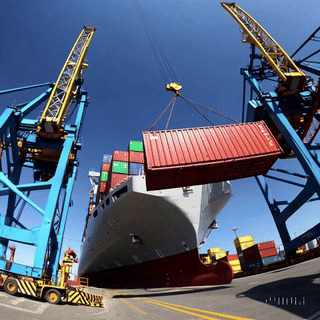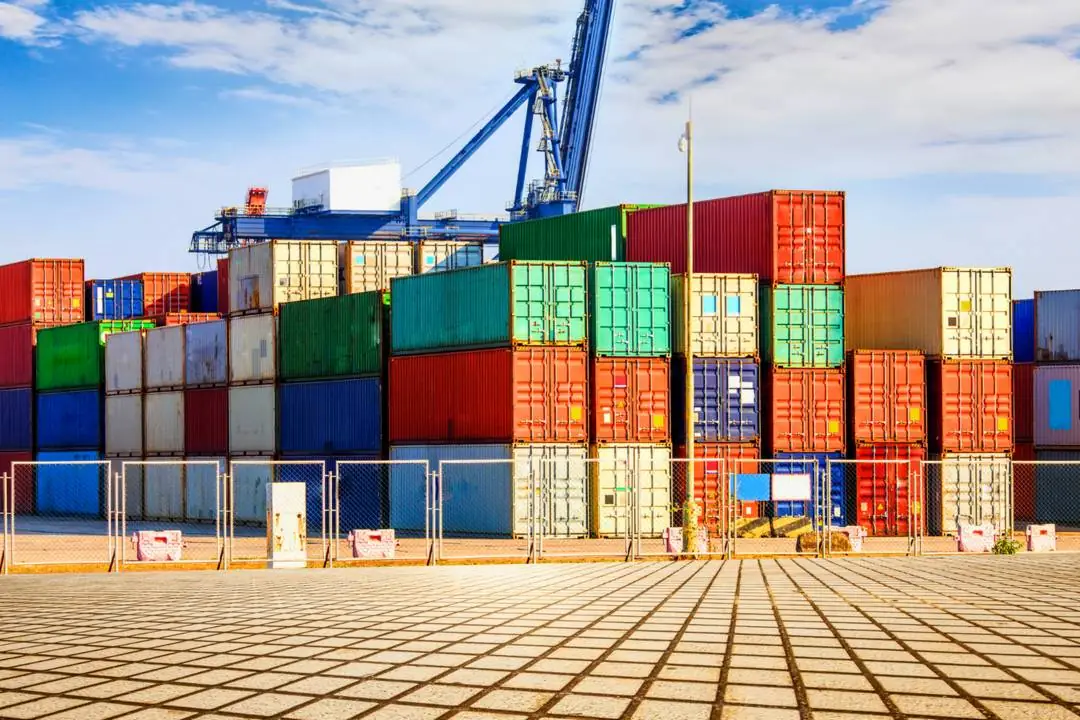Discover effective ways to mitigate tax risks in international operations and protect your company from tax liabilities with effective strategies and global compliance.
In an extremely globalized scenario, there is plenty of room for companies that want to operate in multiple countries. However, they also have to deal with complex tax challenges. Managing tax risks in international operations is an essential task to avoid unexpected liabilities, ensure compliance with different legislations and maintain corporate reputation.
From the correct tax classification of products to adherence to special regimes and strict control of ancillary obligations, every detail counts.
In this article, we answer seven fundamental questions about how to mitigate tax risks when operating in international scenarios. Check out the strategies that will help your company navigate this terrain more safely.
How does incorrect tax classification increase tax risks in international transactions?
The tax classification of goods is one of the pillars of taxation in international trade. An incorrect code can result in underpayment or overpayment of taxes, as well as triggering inspections and fines.
In many countries, such as Brazil, the framework of the NCM (Mercosur Common Nomenclature) defines not only the applicable taxes, but also the need for special licenses.
In this context, some common mistakes are the following:

- use generic codes due to the lack of detailed analysis;
- replicate classifications adopted by suppliers without validating them with experts;
- ignore updates to tax or customs legislation;
To deal with this complexity, the solution lies in having trained professionals and using automatic classification systems and regular validations on an international basis. This guarantees a series of benefits: avoiding assessments, retroactive reclassifications and embargoes.
Another relevant aspect is the joint and several liability that can fall on the importing company in the event of an error. Tax authorities have expanded their inspections using artificial intelligence to identify patterns of non-compliance.
Companies that maintain a historical base of ratings without periodic review end up being the preferred target of these analyses.
For this reason, the creation of a tax classificationThe team, made up of representatives from the legal, tax and foreign trade areas, helps to ensure greater precision and prevent major financial losses.
Which special regimes can help mitigate tax risks in global operations?
Special regimes are legal instruments that allow companies to reduce costs and tax risks, provided they meet specific requirements. They are especially advantageous in international operations, such as imports, exports or remittances between subsidiaries.
Among the main ones, we can mention:
- drawbackexemption or suspension of taxes on imported inputs used in exported products;
- RECOF and RECOF-SPEDImportation of goods: allows the importation of goods with suspension of taxes, as long as the company operates with traceability and exports part of its production;
- customs warehouseThis allows goods to enter the country without having to pay taxes immediately;
In addition to these, regimes such as temporary admission and temporary export also deserve attention, as they allow international movements with partial or total suspension of taxes, as long as the goods return to the country of origin within a specified period. This type of operation is common at trade fairs, industrial tests, repairs or commercial presentations.
Another important point is that taking advantage of the special regimes requires technical mastery and strict document control. Companies often fail to use them due to lack of knowledge or fear of the complexity involved.
However, with the right legal and accounting support, these alternatives offer significant gains in competitiveness.
Adopting these regimes requires planning, control and integration between departments. When well implemented, they reduce the tax burden and increase efficiency.
How does exchange control impact exposure to fiscal risks in exports and imports?

Exchange control is directly linked to the fiscal security of international transactions. Every operation involving the entry or exit of funds from the country must be registered in accordance with the rules of the Central Bank and the Federal Revenue Service.
In this sense, carelessness in this process opens the door to severe penalties. Some of the recurring problems include:
- lack of documentary evidence for international transfers;
- discrepancies between contracted amounts and amounts actually paid or received;
- failure to submit mandatory information to Siscoserv (where applicable);
Integrated management between financial, tax e accounting is essential to ensure that shipments are correctly registered and that documentation supports the legality of operations. In addition, well-structured contracts and specialized consultancies help to mitigate risks.
How to comply with international accessory obligations without generating hidden tax liabilities?
In global operations, it's not enough to pay taxes correctly. You also have to comply with all the ancillary obligations imposed by local and international legislation.
These reports, declarations and records are inspection instruments and, if neglected, result in assessments even when there is no tax debt. So let's look at the main obligations.
Declaration of services abroad (Siscoserv)
This obligation, which applies to Brazilian companies that hire or provide services abroad, is essential for the statistical and fiscal control of international trade in services. Failure to fill in Siscoserv correctly - or omitting to do so - can result in significant fines and raise questions about the legality of the shipments.
BEPS (Country-by-Country Reporting) obligations
In the context of combating the erosion of the tax base, large multinational groups must submit detailed reports showing the global allocation of profits, revenues and taxes.
O Country-by-Country Reporting (CbCR) is required by several countries and its absence or inconsistency can lead to simultaneous tax audits in several jurisdictions.
Digital files such as SAF-T and XML
Some tax authorities require the delivery of standardized digital files, such as SAF-T (Standard Audit File for Tax) in Europe or XMLs in Brazil.
These files contain detailed information on tax, accounting and financial operations. Failure to adhere to local standards compromises transparency and can lead to penalties.
Ignoring these obligations means running unnecessary tax risks. Adopting integrated compliance systems, recurring training and regular audits ensures that all requirements are met on time and with document quality.
What tax strategies reduce vulnerability to fines in different jurisdictions?
Multinational companies are subject to simultaneous taxation by different countries. The tax risk increases when structures are not transparent or when there is a conflict between tax regimes. The key to avoiding assessments is consistency.
Discover some recommended tax strategies.
Documentary consistency between units
It is essential to maintain alignment between the documents generated by subsidiaries, headquarters and suppliers. Divergences between contracts, invoices, accounting records and reports can indicate manipulation of results or tax evasion, even if unintentional.
Transfer pricing and international compliance
The pricing of transactions between companies in the same group must comply with the arm's length principles, as provided for in local legislation and in the OECD guidelines. Well-structured transfer pricing reports are crucial to demonstrating that the values practiced are compatible with the market.
Review of international flows and contracts
Periodic internal audits of the structure of international flows - billing, logistics and service provision - help to identify risks before they become real problems. It is also important to review contracts, tax clauses and operating practices in the light of new rules or treaties.
Having a map of tax risks by country also helps to anticipate local requirements. Investing in international tax governance makes it possible not only to avoid fines, but also to support decision-making based on safer scenarios.
How can tax governance be structured to avoid tax risks in multinational operations?
Tax governance is the foundation for efficient tax management. In an international context, this means establishing standards, controls and responsibilities that guarantee compliance at all levels of the operation.
Learn about some measures to structure tax governance.
Integrated global fiscal policy
Defining clear guidelines that guide all units of the business group is a first step towards ensuring coherence and predictability. A well-structured tax policy reduces internal disagreements and facilitates external compliance.
Local responsibility and accountability
Each international unit must have professionals or teams responsible for monitoring local legislation, delivering ancillary obligations and maintaining the organization's global standards. This strategic decentralization avoids failures due to ignorance or omission.
Technology and continuous auditing
Tax management tools and ERP systems with tax compliance modules are indispensable for automating processes and generating reliable reports. In addition, regular internal audits help to detect deviations, correct faults and maintain the integrity of the system.
In addition, it is important to promote continuous training for teams and maintain a direct communication channel with legal and accounting firms in each region. Governance reduces dependence on reactive solutions and strengthens the company's position in the face of increasingly vigilant tax authorities.
How can technology support fiscal risk management on an international scale?

The use of advanced technologies has become one of the most effective tools for mitigating tax risks in multinational operations. ERP systems, platforms tax compliance and tax intelligence solutions are already indispensable.
With the support of technology, it is possible:
- automating tax calculations in different jurisdictions;
- monitor changes in international legislation in real time;
- cross-checking tax, accounting and logistics data to identify inconsistencies;
- generate standardized reports compatible with the requirements of multiple tax authorities;
In addition, artificial intelligence is gaining ground in internal audits and predictive analysis, allowing risk behaviors to be identified before they become concrete problems.
By integrating technology into their tax strategy, companies gain agility, security and the ability to scale their operations without exposing themselves to penalties.
As we saw in the article, good tax risk management is not just a compliance measure. It is a strategy for increasing financial predictability, protecting margins and preserving the company's international reputation. In an increasingly integrated and rigorous tax regulatory environment, those who anticipate problems have more room to grow safely.
Find out how accounting specialized in international operations can protect your company - talk to CLM Controller and avoid unnecessary tax risks!









